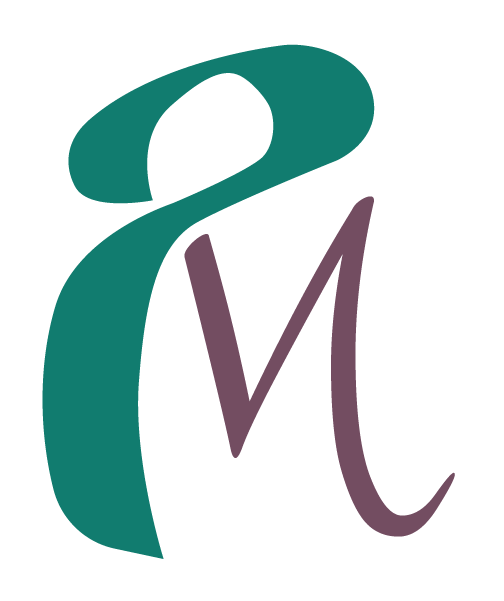Becoming a Professional Editor

Starting in my student days, I often proofread papers for my colleagues. After completing my PhD, I continued editing for professors, just as friends. They kept telling me that I should be charging more for my time, but I just didn’t have a business mindset yet. Eventually, I recognized the value of my contribution.
When I launched my business, I made sure to include English editing services. When the COVID lockdown began, this is the sector of my business that increased most profoundly. (I picture academics leaving their busy departmental offices for their quiet homes and finishing up numerous articles and book manuscripts, only to find they needed to find an editor!)
As in all services, you can be of most service when you specialize. Take into account your particular qualifications and perspective and carve out as specialized a niche as possible. This will make it easier for potential clients to find you and make it easier for you to offer the highest possible value. For example, with my PhD in Arabic Studies and academic background in Middle East Studies, it is easier for me and my clients to find one another and for me to know how to meet their needs.
How do you know what to charge? In terms of knowing what rates will sustain your business, I refer you to pricing coach Susie Jackson. Here’s an interview with her on the Marketing Tips for Translators podcast:
Episode 254: All About Pricing Your Translation Services – Interview with Susie Jackson
She offers an in-depth course as well: Charge with Confidence. There is also a free course here by Molly McCowan of Inkbot Editing for thinking about your rates. This is especially helpful if you don’t actually have a business underway yet (Susie Jackson’s course is more in-depth and involves working with the numbers of your already-functioning business, as well as live interaction with the instructor and fellow students).
For fee types (per word, hourly, or per project), you can charge as you like. For some representative standards, see this rate chart.
How do you maintain your qualifications and improve your skills? You could consider joining an association and/or taking a training webinar from the EFA (Editorial Freelancers Association) or ACES (the society for editing). You might also consider Editing professional programs for courses or degrees. For example, The University of Chicago offers online courses.
One topic that is sure to arise in editing is style. I maintain a subscription to CMOS (Chicago Manual of Style); it is my go-to reference. There’s also a book and workbook that several colleagues recommended to me, offering both a reference work and a self-study set of exercises. I’m currently working my way through it…
See here (by Richelle Braswell) for another helpful post on becoming a professional editor. And here (by Jane Friedman). And here (by Crystal Shelley). Here from scieditor Adrienne Montgomerie in Canada. And here for a great overview, with lots of resources listed, on the Editors Tea Club site! See also this free resource: The ACES Guide for New Editors.
Do you have other questions or advice? Contact me with the web form on my site or on social media!

Images courtesy of unsplash.com
